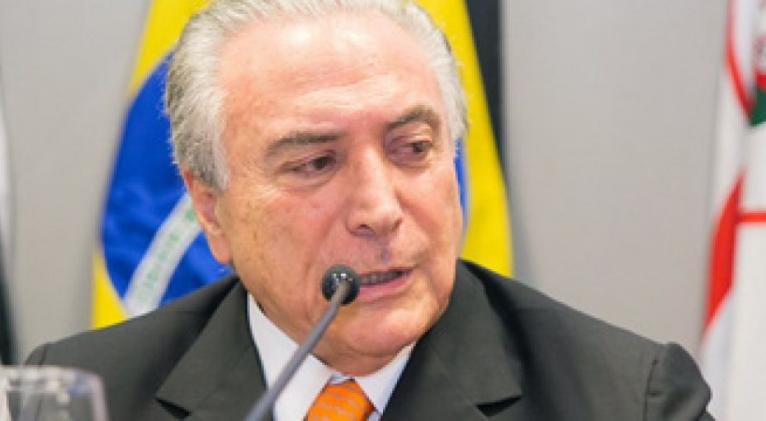Brazilian Experts Suggest Interrupting Temer's Tax Adjustment
especiales

Brasilia, Nov 8 (Prensa Latina) Experts from the Brazilian Federal Senate suggested interrupting the processing of the severe tax adjustment plan, which was proposed by President Michel Temer and is being debated by two senatorial committees at a public hearing.
The recommendation was made by members of the Center of Studies and Research on Legislative Advise of the upper House, in an analysis on the unconstitutionality of the Draft Constitutional Amendment No. 55 (formerly PEC 241), which limits to 20 years the government's public expenditures.
In a lengthy report published on social networks, the experts noted that Temer's project 'tends to suppress petreous clauses' established in the Federal Constitution, including the separation of powers, the individual rights and guarantees, and the direct, secret, universal and periodical vote.
They pointed out that if the PEC process is not interrupted and, otherwise, it is approved and enacted by the head of State, there are constitutional requisites that are necessary to demand that the Supreme Federal Court (SFC) analyze the unconstitutionality of the measure.
In that regard, the authors of the report recalled that Federal Deputy Jandira Feghali and other lawmakers from the Communist Party of Brazil (CPB) had filed an appeal in the Supreme Court that was rejected by Minister Luis Roberto Barroso in a ruling on October 10.
If PEC 55 is approved, the SFC, which has not pronounced itself on the evident unconstitutionalities identified in that presidential initiative, will have to rule in such a way to guarantee the people's access to the fundamental social rights established in the Constitution, they said.
In that regard, the authors of the report noted that the New Tax Regime, which establishes individual limits to primary expenditures in the next 20 fiscal years on the basis of 2016 expenditures, corrected annually due to the accumulated inflation until June 2015, 'is a Draconian measure'.
On the one hand, it suffocates and mitigates the independence and financial autonomy of the Legislative Power and the Judicial Power, as well as the financial independence of the Public Ministry of the Union and the Ombudsman, they warned.
But it also restricts the possibility of the head of State, legitimately elected by direct, secret, universal and periodical vote, to define the limit of the government's expenditures, so he will be stripped of one of its main prerogatives of orientation, direction and management, the experts underlined.













Add new comment